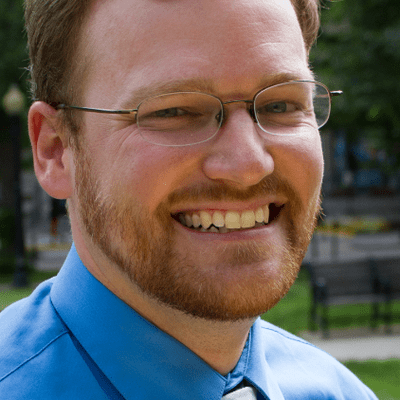Introduction
As the U.S. Supreme Court hears oral arguments this week in two cases concerning gay rights, advocacy powerhouse Human Rights Campaign has been rallying its base by word — and by dollar.
“This is our moment,” Human Rights Campaign President Chad Griffin wrote Sunday in an email to supporters. “Tuesday is the culmination of years of work. The millions like you who have pitched in, spoken out and recruited friends to our cause have helped bring us to this point, but we’re not at the end of this journey yet.”
According to the Center for Responsive Politics, the Human Rights Campaign spent $1.37 million on federal lobbying last year — more than any other group focused on LGBT issues.
The Washington, D.C.-based Human Rights Campaign, which is the largest advocacy group focused on the rights of lesbians, gays, bisexuals and transgender people, also operates a political action committee.
In February, its PAC doled out a combined $7,000 to five members of Congress, according to records filed last week with the Federal Election Commission.
Sen. Mark Begich, D-Alaska; Rep. Bill Foster, D-Ill.; Rep. Raul Ruiz, D-Calif.; and Dirigo PAC, the leadership PAC of Sen. Susan Collins, R-Maine, each received $1,000, records indicate.
The PAC’s top beneficiary in February was Sen. Claire McCaskill, D-Mo., who on Sunday announced via her Tumblr page, that her views have “changed over time,” and she now supports marriage for same-sex couples.
The Human Rights Campaign’s PAC cut McCaskill a check for $3,000 on Feb. 28 to help retire debt that she racked up during her 2012 re-election against Republican Todd Akin.
The Supreme Court is today hearing arguments in Hollingsworth v. Perry, a challenge to California’s Proposition 8, which voters passed in 2008 to define marriage in the state as between one man and one woman.
On Wednesday, the high court will hear arguments in United States v. Windsor, a challenge to the 1996 Defense of Marriage Act.
Read more in Money and Democracy
Primary Source
Family Research Council defends traditional marriage by bankrolling Republicans
80 GOP candidates collected contributions from PAC in 2012 cycle
Primary Source
Rockstar Energy Drink targets beverage laws
New, sizable government lobbying team includes several former congressional staffers

Join the conversation
Show Comments